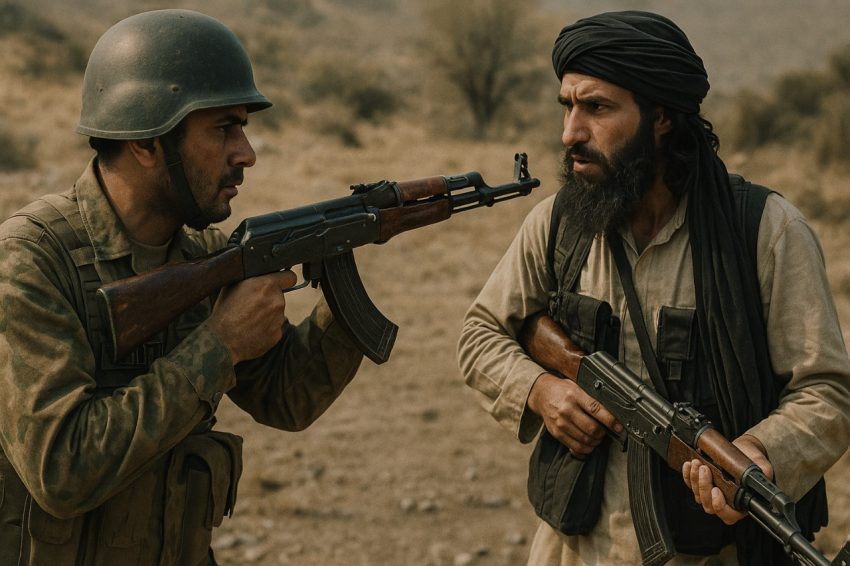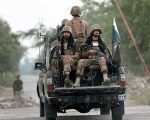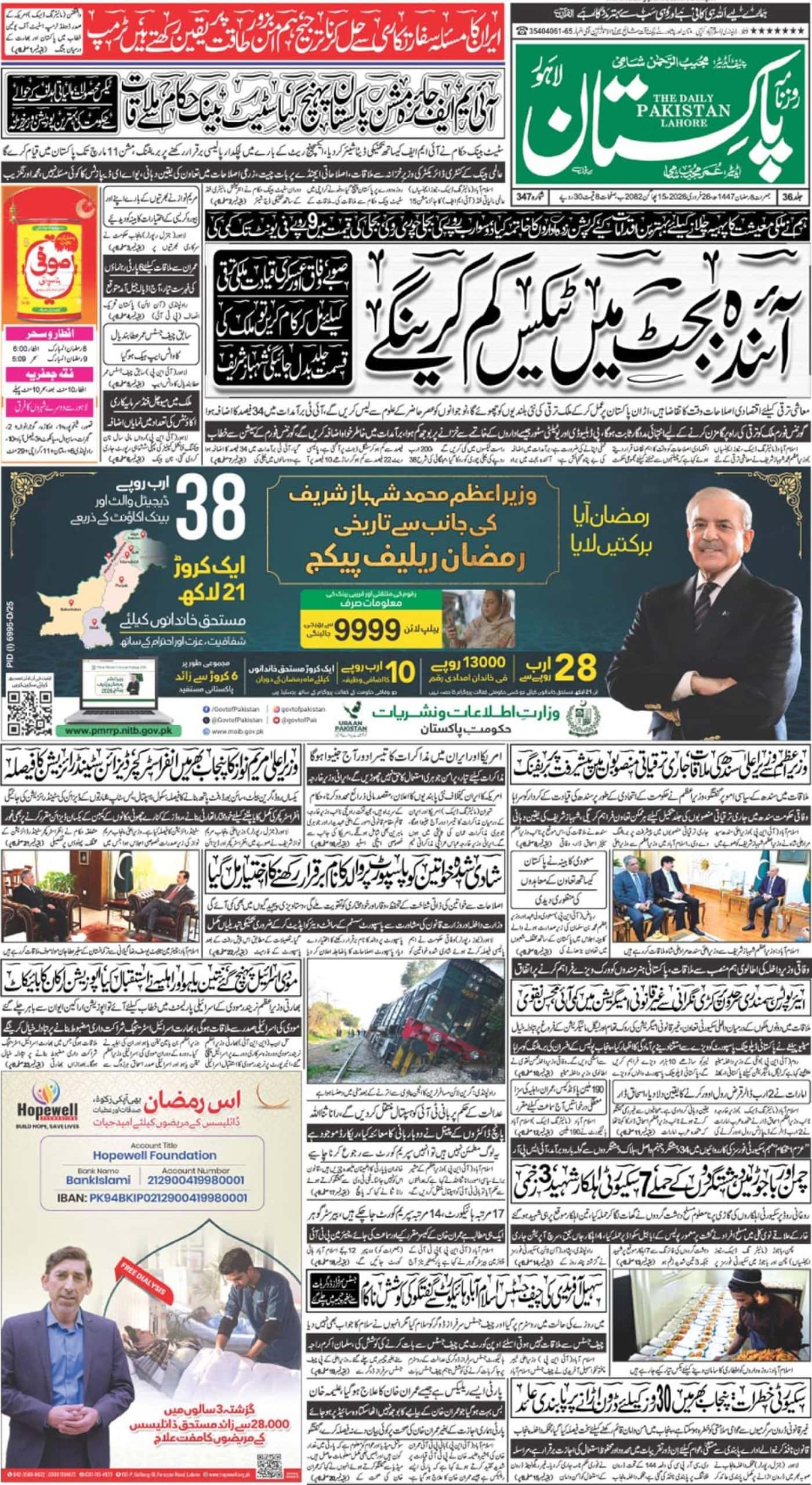Sometimes the air in Pakistan feels heavy — not with dust or heat, but with memory. The memory of a blast that ripped through a mosque mid-prayer. The sound of sirens echoing through streets that should have been quiet. Somewhere, a mother folds a blood-stained shawl and whispers verses she learned as a child. And each time, the same question lingers: Who gave these men the right to kill in the name of God?
The answer is as old as Islam itself — no one did. The right to declare jihad belongs to the state, not to self-appointed guardians of faith. When men outside the law claim divine authority, what they unleash is not righteousness but rebellion. That rebellion — that fitna — is what Pakistan has been fighting for decades.
These are not militants. Let’s stop dressing them in language that softens their crime. They are terrorists. Murderers. The modern Khawarij, who twist the words of faith to justify their hunger for blood. They quote scripture but forget mercy. They claim martyrdom but target children. They talk about paradise while burning this world to ash.
Ask any Pakistani and they will tell you — the cost has been unbearable. A soldier’s coffin wrapped in the flag. A child’s schoolbag left on the ground. Families that still wait for phone calls that will never come. The people of this country have paid the price for a war they never chose.
And yet, the state still stands. Wounded, yes. But standing. It has fought these enemies on every front — in the mountains, in the cities, in the shadows where these men hide. And it has fought them with something more powerful than guns: moral clarity. Through Paigham-e-Pakistan, the nation’s scholars came together to say what should have always been said — that terrorism has no place in Islam, and that any act of violence against the state or its people is rebellion, not jihad.
That moment mattered. For once, the country’s faith and its law spoke in one voice. But the battle is far from over. The threat is not only in bombs and bullets — it’s in ideas whispered to angry young minds, in distorted sermons, in the online echo chambers that glorify death.
So how do you fight that? With truth. With compassion. With the reminder that the Prophet (peace be upon him) called the greatest jihad the struggle within — not the slaughter of others, but the mastery of one’s own anger and ego. Maybe that’s the message that needs to reach the streets, the mosques, the classrooms.
Pakistan’s war against these terrorists isn’t just about security. It’s about survival — of faith, of reason, of a people who refuse to let their religion be hijacked again. The Khawarij of today can blow up buildings, but they can’t break the soul of a nation that still knows the difference between faith and fanaticism.
The fight continues. Not for land or power, but for meaning. For the right to pray without fear. For the promise that no one, under any banner or belief, will ever again decide who deserves to live or die in God’s name.
That — perhaps — is Pakistan’s true jihad.














